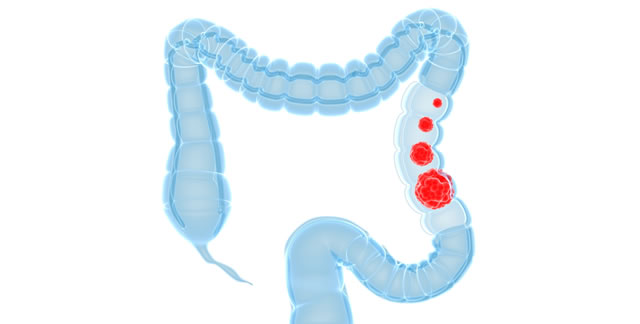It gives people the opportunity to learn more about colorectal cancer, preventive methods and best treatment methods. With this initiative, lots of lives have been saved since people have come to know more about the symptoms and the next actions to take when diagnosed with colon and rectum cancer.
It has been confirmed that not less than 140,000 cases of colon and rectum cancer is recorded every given year; and in which case, about 56,000 people die from the ailment. It does not have to be so because with the efforts that are being made by the government, educational institutes and non-governmental agencies and organizations, colorectal cancer is a disease that at this stage is both preventable and curable if early detection and treatment is carried out. This is enough reason for us all to be interested in finding out more about colorectal cancer education and awareness month and what we stand to gain from having a good knowledge of colon and rectal cancer symptoms and treatments.
This should set you wondering about the prevention, detection and treatment methods that would help people survive this ailment called colorectal cancer. Some of these techniques and methods include, but are not limited to, maintaining a healthy diet, engaging in regular exercise and going for regular screenings in the clinic. In a case where a diagnosis confirms you or a loved one is suffering from the ailment, the most common treatment method is surgery in order to ensure total cure. This is done in conjunction with chemotherapy and radiation treatments. The more you know about colorectal cancer education and awareness, the better for you and others close to you.
As far as colon and rectal cancer is concerned, all hope is not lost. Researchers have confirmed that out of every 100 cases of colorectal cancer, there has been a success rate of 80 to 90% treatment leading to restored normal health, especially if the cancer is detected early enough and treatment started immediately. In a case where the detection was late, leading to delayed commencement of treatment, there has been a success rate of just 50%.

